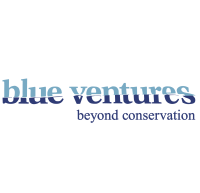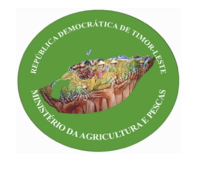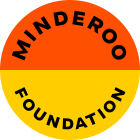Sustainable fisheries can play a key role in the future of nutrition security and food sovereignty in Timor-Leste. Road development means that the south coast is opening up to new opportunities for trade and industry development. Resource management built around local knowledge, research and broad participation will be the key to a sustainable future for south coast resources, specifically with regards to small-scale fisheries.
WorldFish and Blue Ventures, supported by the Minderoo Foundation, will work with government, other stakeholders and fishing communities to pilot equitable, sustainable co-management approaches to support the development of small-scale fisheries.
Healthy habitats and fish populations are integral for productive small-scale fisheries and to strengthen food and nutrient security in Timor-Leste. By building partnerships and putting local communities first, Ikan Ba Futuru will provide locally significant ecological information, bringing together scientific research and indigenous knowledge, to enable effective and sustainable use and management of marine resources by communities and government institutions.
The three main outcome areas of the Ikan Ba Futuru project are:
Improved tenure rights and empowerment of women and men fishers through active, equitable, and collaborative partnerships for coastal and fisheries management.
To build an effective apparatus for implementing identified management actions, community fisheries management groups will be established with an equitable representation of women and marginalised groups. The project will leverage Blue Ventures’ experiences and successes with communities on the northern coast to establish women-led Community Fish Monitoring (CFM) teams to enhance the involvement and voices of women in decision-making and sustainable data collection.
Science based, locally embedded management of fish resources and habitats implemented for selected south coast fisheries.
To address the complex challenge and interactions between malnutrition and sustainable ecosystems, the project will design and implement science-based management solutions that integrate local knowledge, ecological and social research, nutrition-sensitive approaches, and regional best-practice examples. This will be achieved by using an ecosystem-based fisheries management approach to determine the status of Timor-Leste’s south coast habitats and marine resources and developing science-based south coast fisheries management plans.
Institutional and policy landscape in place for improved people-centred ecosystem management for national fishery resources.
To ensure effective fisheries management, strong institutional and policy measures are required. The recent approval of the National Oceans Policy (NOP) needs to be supported by a new National Fisheries Strategy (currently in draft) and matched reforms to the legal basis of fisheries and coastal environmental management. Ikan Ba Futuru will support these initiatives, where appropriate in collaboration with, or building on outputs from, related projects– ATSEA2, ISLME, IkanAdapt. In addition, Ikan Ba Futuru will help implement existing and new management plans for important resources.
Expected outcomes by 2028:
- Communities empowered to actively manage fisheries for sustainability.
- Sustainable fisheries operating in healthy habitats, supporting improved nutrition security.
- Improved legislative and policy environment for sustainable fisheries.





